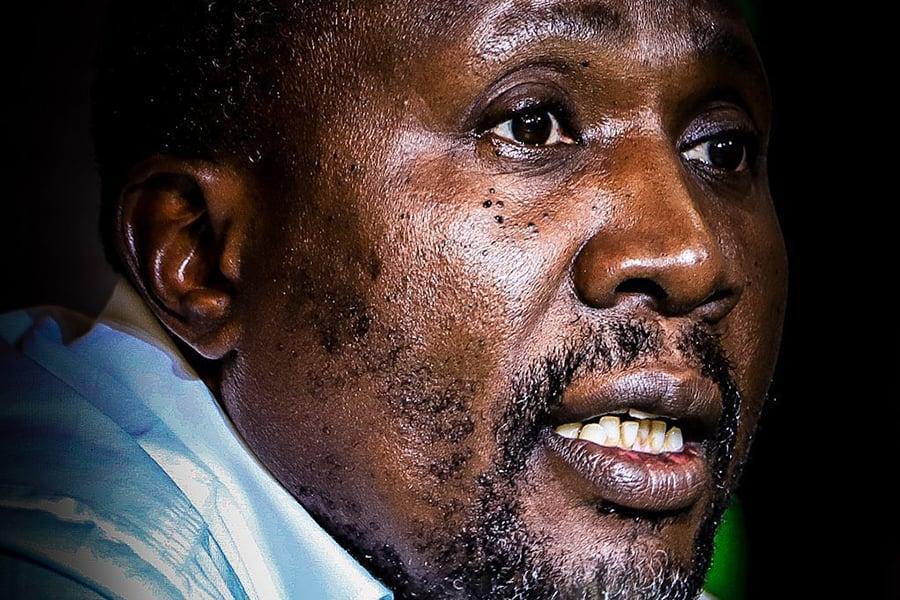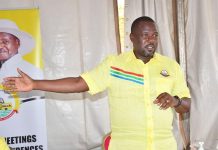Africa-Press – Uganda. A meeting of party secretary generals at the Inter-Party Organisation for Dialogue (IPOD) secretariat has reignited debate on whether the platform should be formally established as an independent institution through an Act of Parliament.
FDC Secretary General Nathan Nandala Mafabi argued that a stand-alone legal framework would strengthen IPOD’s role in promoting dialogue among political parties.
“Parliament needs to pass an Act formally establishing IPOD as an independent institution,” Mafabi said.
However, Lawrence Sserwambala, head of the National Consultative Forum (NCF), under which the amended Political Parties Act now places IPOD, believes a separate law is unnecessary.
“For me, it is just one way of looking at things,” he said. “It would suggest that they are creating a body which is already under the laws of Uganda.”
UPC Secretary General Fred Ebil noted that although the amendments mention IPOD, gaps remain. He pointed out that the Justice Minister is yet to introduce the statutory instruments needed for the framework to work effectively.
“There is a bit of a gap in the law which was passed by Parliament, which doesn’t tell us clearly how we are going to work under the NCF,” Ebil said.
The platform has often been viewed by critics as merely a channel for accessing funds, with some structural issues still unresolved. NRM Secretary General Richard Todwong believes a clear legal status could change that perception.
“If IPOD is evolving into an institution that should be independent and fully funded by government, I would really love that, because it would mean we want to institutionalise democracy in Uganda,” he said.
Todwong also warned that lingering suspicion around IPOD undermines its potential.
“For us not to be judged rashly, members should take that IPOD is a process that needs very slow and constant management for it to achieve the desired goal,” he added.
Sserwambala, however, maintained that some of the challenges raised by parties can be resolved under the existing amendments.
Ultimately, the way forward will depend on how any proposed law is drafted and what it contains.
For now, the secretary generals have agreed to meet, consult further, and, if consensus is reached, forward their position to their respective party presidents.
For More News And Analysis About Uganda Follow Africa-Press






